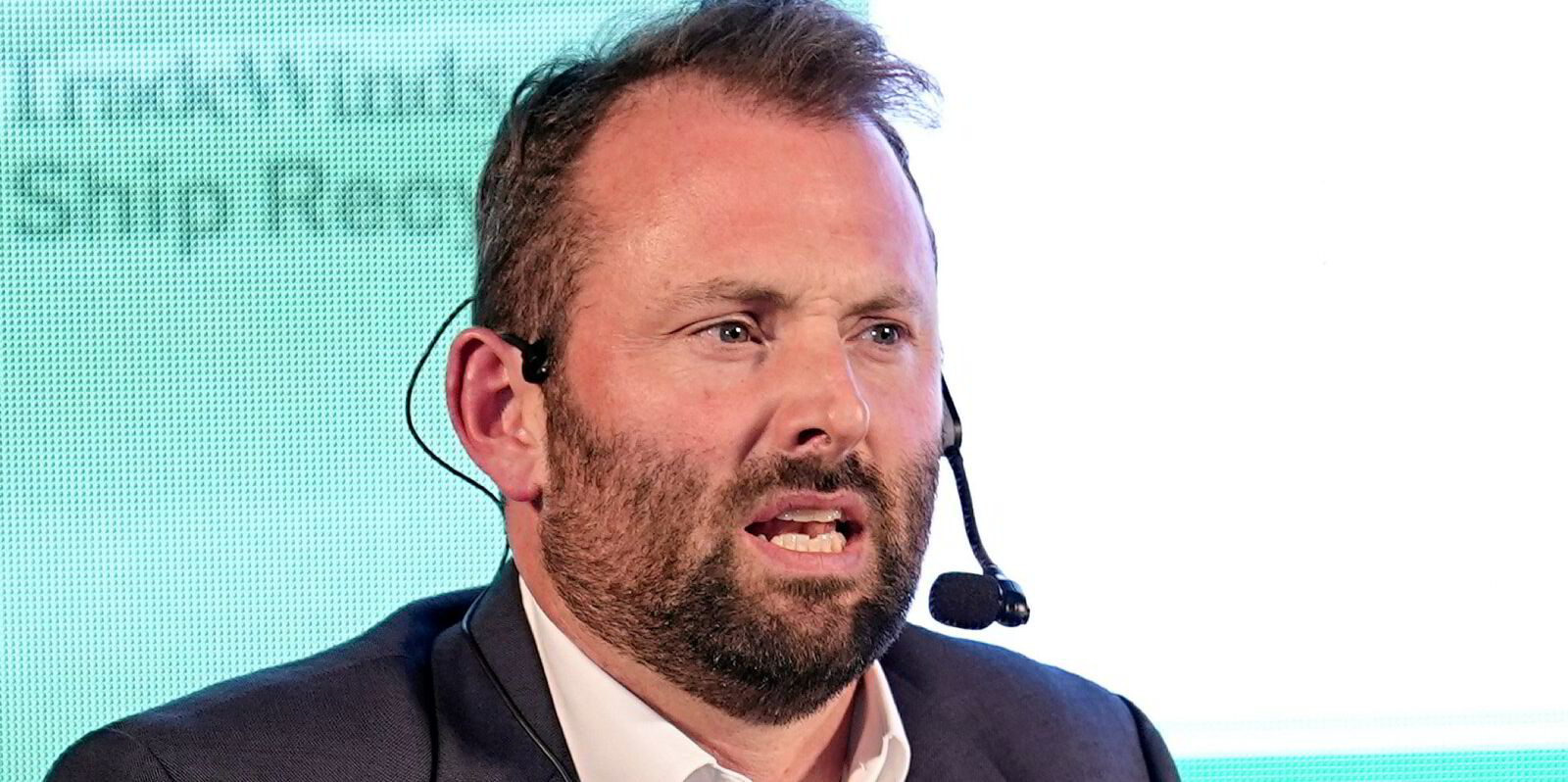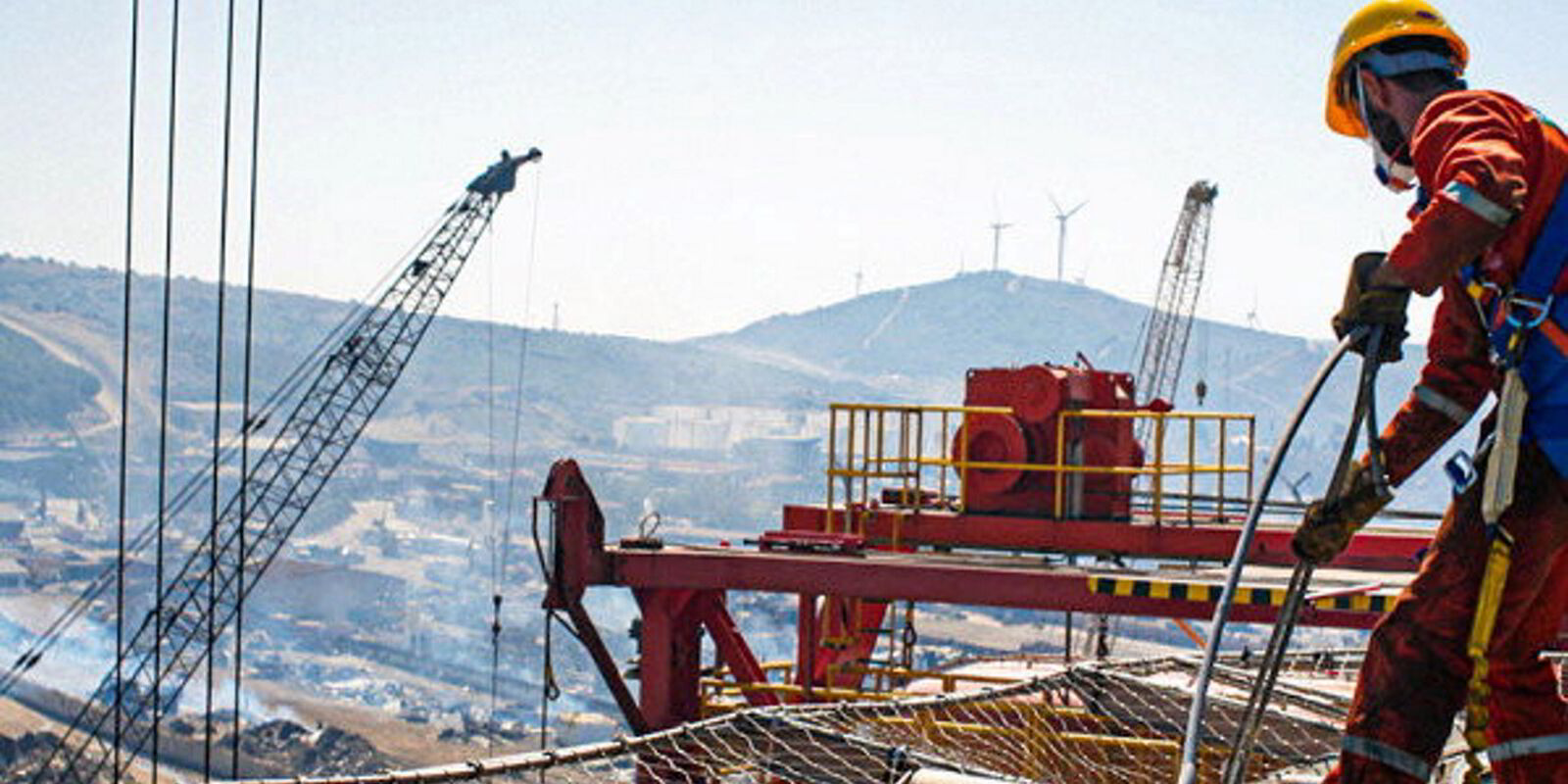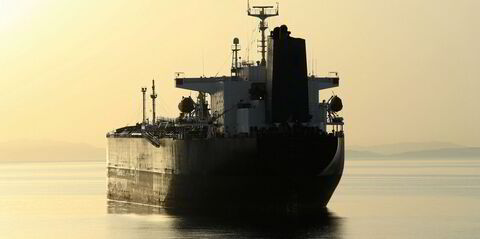Conditions are ripe for the emergence of a new wave of unregulated ship recyclers to dismantle vessels hit by sanctions, according to industry experts.
These “untouchable” ships, shunned by mainstream recycling yards, may find a home in unauthorised facilities operating outside the oversight of G7 sanctions enforcement, industry players warned.
Although they account for only a small fraction of global tonnage, the emergence of these breakers would parallel the growth of shadow fleets.
They are likely to be accompanied by increased environmental and safety risks that the industry has been working to eradicate.
Currently, 90% of ship recycling takes place in the “big four” countries — India, Pakistan, Bangladesh and Turkey.
These nations are preparing to meet the stricter environmental and safety standards set out in the International Maritime Organization’s Hong Kong Convention for the Safe and Environmentally Sound Recycling of Ships, which comes into force in June 2025.
Under the convention, authorised yards must secure documents of compliance and undergo intensive checks, effectively excluding ships tied to sanctioned activities.
Jim Heath of consultants Marprof Environmental, a ship recycling consultancy, said those yards will also “have to run everything through class societies, with final surveys, with ship recycling plans being approved and everything going through the book”.
A wider concern is that vintage ships hit by US and other G7 sanctions will be abandoned at sea, sunk or run onto beaches at the end of their trading lives because nobody will buy them.
“The dark fleet can either stay where it is and just be abandoned, or it will move to the dark side of recycling, which would be a non-authorised yard in accordance with the Hong Kong Convention,” said Heath.
Sanctions are already impacting these often-elderly vessels, shortening their lifespans as shipyards refuse to provide maintenance or repairs.
Businesses that trade in US dollars or are backed by finance from G7 institutions are likely to avoid the short-term financial gains of handling the relatively small number of sanctioned ships.
Reputational risk
The S Tinos identity theft: A “ghost ship” that was listed as scrapped in 2018 was at the centre of a dramatic commando operation in 2023 amid a suspected ship-to-ship transfer of Iranian crude.
The Iran-flagged S Tinos was photographed during the operation in Indonesia’s Natuna Sea, with its name painted on the ship’s hull, but steamed off while trailing oil transfer equipment after the aborted operation. The second ship was detained.
But the 305,800-dwt VLCC (built 1999) was not in fact the S Tinos.
It was later identified by tanker tracking groups as the 306,100-dwt Lilu (built 2000). It had operated as the S Tinos for at least a year in an apparent attempt to disguise its trading activity, they believe.
Still, the S Tinos was in August sanctioned by the Israeli government, as officials continued to investigate the circumstances of the demolition of the vessel.
Despite the narrow escape, the ship that bore its name during the aborted STS operation appeared to have continued to trade in Iranian cargoes under yet another name. It last delivered a cargo in October to China.
The untouchable Zenith: A crude carrier was left idling in the Gulf of Oman in September after pressure group United Against Nuclear Iran highlighted its involvement in an STS transfer with a Euronav vessel.
The 105,000-dwt crude carrier Zenith (built 1998) has been stuck because no recycler would touch it after the US Treasury’s Office of Foreign Assets Control imposed sanctions on the ship, its owner and ship manager.
The vessel had been known as the Abyss and flew the Vietnamese flag when it was linked to the STS operations.
But sources told TradeWinds that no yards wanted to touch the ship — even when offered a 40% discount on its scrap value.
Alleged spy ship the Saviz: The ultimate symbol of shipping’s role in geopolitical disputes was highlighted by the destruction and scrapping of the Saviz (built 1999), which was reputedly used as a spy ship by Iran.
The general cargo ship was sent for break-up in 2024 after it was badly damaged three years earlier in an attack using limpet minds. The aggression was allegedly conducted by Israel in retaliation for its role in attacks on its shipping.
The vessel had previously been placed under US sanctions by Donald Trump in 2018 during his first term as president.
A fact sheet for the ship circulated to cash buyers and seen by TradeWinds this year noted that the vessel would have to be towed to a recycling yard as its engine room was flooded.
“In many cases, the recyclers are not subject to the jurisdiction of the US, UK, EU, etc, but they care what they think, and would want to tread carefully when it comes to reputational and legal risk,” William MacLachlan, a London-based partner of HFW and one of the law firm’s leading experts in ship recycling.
“You might take a short-term gain in a quiet market doing this quick deal that seems like a good opportunity at the time, but it means that blue-chip shipping down the track might refuse to transact with you.”
Bimco has predicted that 15,000 ships will need recycling over the next decade.
In contrast, fewer than 100 have been directly blacklisted by the main Western sanctions regulators in connection with Russian business since the start of the war in Ukraine.
The major recyclers face a challenge in dealing with just the mainstream vessels. Several yards have closed after recent lean years.
When sanctions are lifted on Russian-linked trade, there will likely be a rush to scrap ageing shadow fleet vessels that oil majors with better-regulated and younger mainstream tankers refuse to touch.
Robin Townsend of Marprof said: “We’re on a massive capacity squeeze. So, since we don’t have the capacity to recycle the ships coming up in the next five years, why go for the difficult ones?”
“There’s a drive in India and Bangladesh to prove that they’re complying with legislation, so why would they go in the opposite direction and lay themselves open?”
For sanctioned ships, more business is expected to be handled in Chinese renminbi or Indian rupees as there will remain people willing to take on the work despite the risks, said sources.
“They trade in China and India already — why wouldn’t they want to scrap them too?” said one source. “There’s money in it.”
Cash buyers could apply for licences from regulators to recycle sanctioned ships, but businesses operating on tight margins and making rapid decisions would be unlikely to want to join the lengthy process.
S&P Global has identified 889 tankers that have been used to transport the sanctioned oil of Russia, Iran, Venezuela and others.
It represents some 17% of the global oil tanker fleet — but only a fraction of the vessels have been specifically targeted.
The S&P data included 586 tankers involved in Russian trades but only 92 (16%) had been blacklisted by regulators in the US, European Union or UK before 24 November.
But hurdles remain for recycling shadow fleet vessels even if they have not been sanctioned.
MacLachlan said they include tankers hauling Iranian oil named by influential campaign group United Against Nuclear Iran (UANI) but not blacklisted by the US government.

“Being listed on the UANI list is not in itself a barrier to serving that ship in some way, but … it’s distinctly hair-raising,” he told the TradeWinds’ annual ship recycling forum in Copenhagen, Denmark.
“It would depend on your risk appetite and the circumstances of the vessel.
“There’s always a risk of designation halfway through your transaction, and with all the problems that will involve.”
Dr Konstantinos Galanis, chairman of the International Ship Recycling Association, said it was likely that shadow fleet ships would arrive at yards without being properly cleared of oil and gas and without an inventory of hazardous materials on board.
That would require the recycler to take on the extra responsibility, said Galanis, also a director of technical, operations and sustainability at Dido Shipping Co.
Townsend said the industry could end up with a similar system to locally run small operations that collect and recycle abandoned ships in harbours.

Doing a runner
“If you have a sanctioned tanker that is arrested for breaking sanctions, it’s 25 years old with no cargo on board, what happens to it?” he said.
“The owner does a runner, and then it’s just abandoned. At that point, presumably, the government can sell it.”
Read more
- Recyclers race to meet Hong Kong Convention’s 2025 deadline
- End of days for LNG steamships: SK Shipping breaks cover with unprecedented four-ship scrap deal
- Hong Kong Convention architect Nikos Mikelis elected chairman of new Bimco Ship Recycling Alliance
- Perfect storm brewing that could send flood of ships onto recycling beaches, says Dimitris Ayvatoglu
- Pasha Hawaii sells veteran Jones Act container ship for recycling




